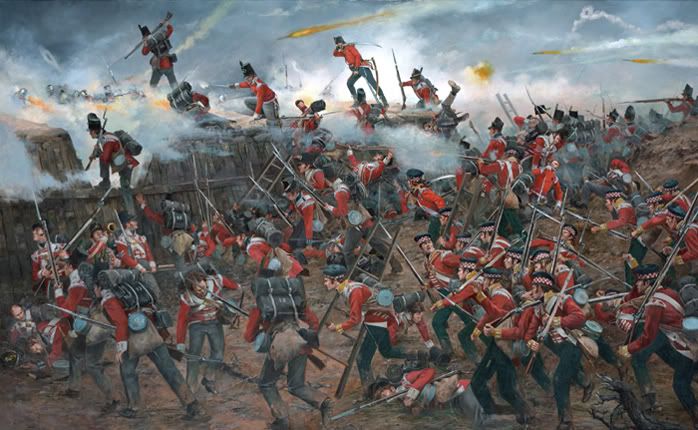
from my nyc history pal Phil Panaritis
On this day, January 8, 1815, outnumbered three-to-one by British regulars commanded by Major General Sir Pakenham (brother-in-law to the Duke of Wellington), Irish-American Andrew Jackson led a motley crew of Americans to one of the most decisive and stunning victories in military history. At the end of the day, Pakenham and his top three subordinate generals lay dead along with more than 2,000 British troops killed, wounded or captured. American casualties were eight killed and 34 wounded.
In the words of Jackson scholar Robert Remini (who used to teach at Fordham), the battle settled once and for all "the enduring ability of a free people to protect and preserve their society and way of life". From Daniel Haston on Jackson's army
"Never has a more polyglot army fought under the Stars and Stripes than did Jackson's force at the Battle of New Orleans. In addition to his regular U.S. Army units, Jackson counted on dandy New Orleans militia, a sizable contingent of black former Haitian slaves fighting as free men of color, Kentucky and Tennessee frontiersmen armed with deadly long rifles and a colorful band of outlaws led by Jean Lafitte, whose men Jackson had once disdained as "hellish banditti." This hodgepodge of 4,000 soldiers, crammed behind narrow fortifications, faced more than twice their number."
part of that rag tag group was New Yorker and 14th Warder, Captain James McKeon, who is mentioned in this 1923 article on the history of St.Patrick's.


























No comments:
Post a Comment